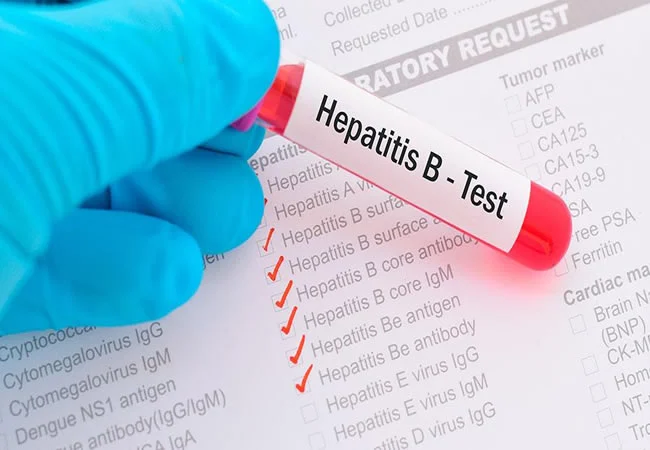The World Health Organization has stated that it is committed to eradicating hepatitis by2030, while emphasizing the importance of an expedited approach geared toward primary healthcare and universal health coverage.
In his opening remarks at the World Hepatitis Summit on Tuesday, WHO’s Director-General, Tedros Ghebreyesus, reiterated the organisation’s devotion to supporting countries in accelerating strategies designed to end hepatitis, in line with the 2030 Sustainable Development Goals.
He said, “Hepatitis is one of the most devastating diseases on earth, but it is also one of the most preventable and treatable, with services that can be delivered easily and cheaply at the primary healthcare level.
“The SDG target on Hepatitis B has been met, and the number of people who have received treatment for Hepatitis C has increased nine-fold to almost 10 million, reversing the trend of increasing mortality for the first time.”
28th July: World Hepatitis Day, Finding The Missing Millions
The WHO boss said although many countries had participated in hepatitis elimination pilots which would help the agency strategise against the viral disease, most countries, however, were yet to fall in the line of its elimination by 2030.
He added, “Too many people still miss out on services to prevent or treat hepatitis, including infants in Africa who miss out on the crucial Hepatitis B vaccine birth dose.
“The reasons people miss out on services for hepatitis are the same as the reasons they miss out on other health services – accessibility and affordability, because of who they are, where they live, or how much they earn.
“That’s why WHO’s new global health sector strategy sets new actions and targets to eliminate viral hepatitis by 2030, by driving new infections and deaths down to half a million each, globally – a reduction of 90% and 65%, respectively.
‘”WHO remains completely committed to supporting countries to accelerate towards elimination, by strengthening primary healthcare and more specialized care for those patients who need it.”
The agency estimated that around 354 million people worldwide live with Hepatitis B or C.
Follow us on Facebook
Post Disclaimer
The opinions, beliefs and viewpoints expressed by the author and forum participants on this website do not necessarily reflect the opinions, beliefs and viewpoints of Anaedo Online or official policies of the Anaedo Online.

